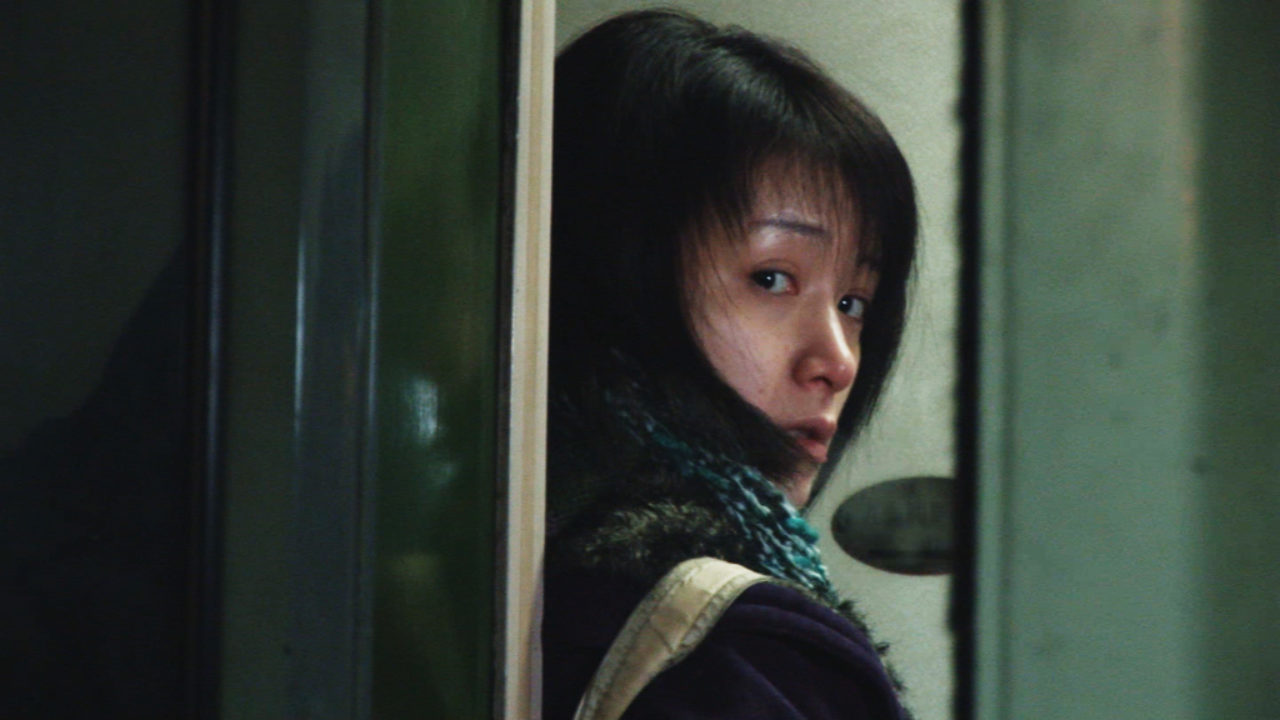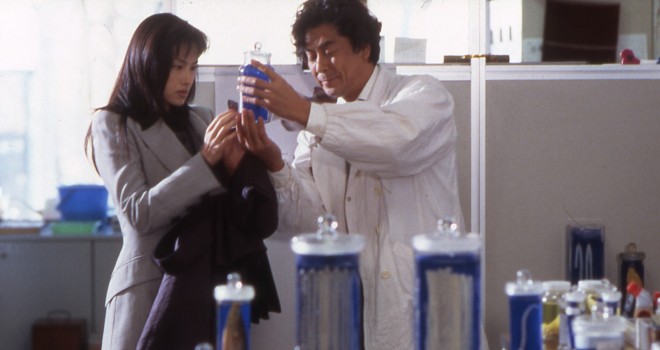Conjugation (2001), is a film by first-time Chinese director Emily Tang, a young Chinese student of French enjoys observing with the help of binoculars, verbs conjugated at the present indicative whereas they are invariable in Chinese. From this grammatical difference, the film develops a metaphor often connec- ted with history and space, in the shade of the Tiananmen Square events. Here political opinions and love seem to be refused to all Chinese youth, which chose exile. In this new film, where emigration issues are in attendance, two different cinematographic approaches are used to capture the harshness of this ever-present Chinese reality, which once again is shown to be inflexible. The film at first led by an elliptic fictional narration lets true life gradually make its stand. The student, Li Yueying whose father walked out for another woman, makes a living doing odd jobs but lives mostly in her own fantasy world. She ends up in China’s southern town Shenzhen. She dreams of a new life, far from this industrial dreary northeastern town. Meanwhile, in Hong Kong, Jenny experiences the collapse of her dreams, as her marriage to a local man is en- ding in divorce and financial hardship. Then, coming to punctuate the fiction, Li and jenny’s story mysteriously crosscut. These two women meet only once, very briefly in a street market in the New Economic Zone of Shenzhen, known as the city-emblem of Chinese economic development as well as the second wives’ capital. What is there to understand? Why does the fictional narrative integrate documentary footage, at this precise time and place? For these two women living in a changing world, both too large and too narrow, life remains a cruel story of sequence of tenses: the first one’s past could be the second one’s future.
Jérôme Baron





